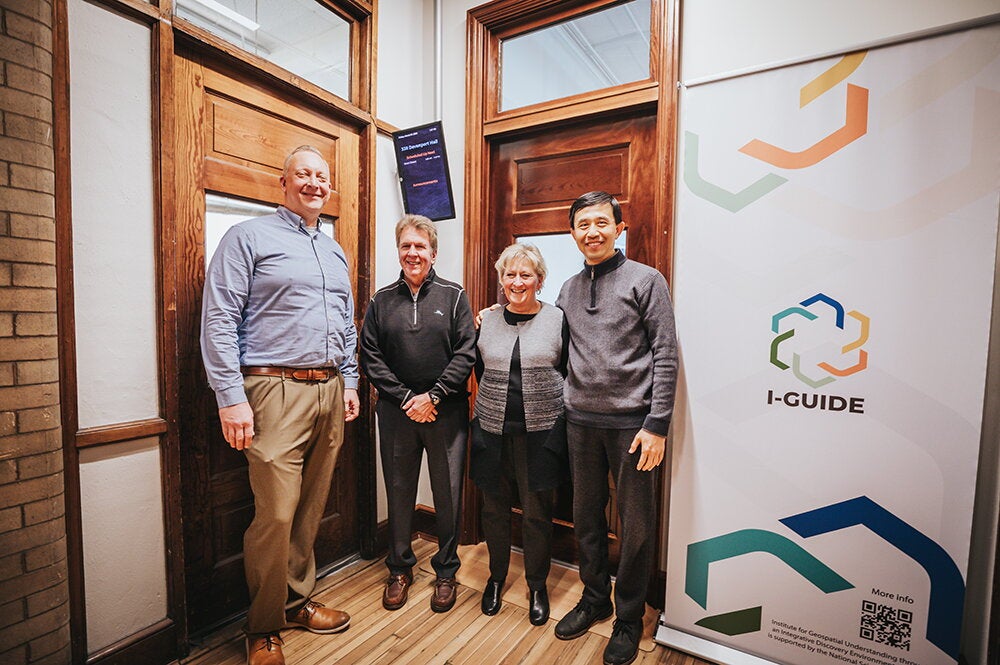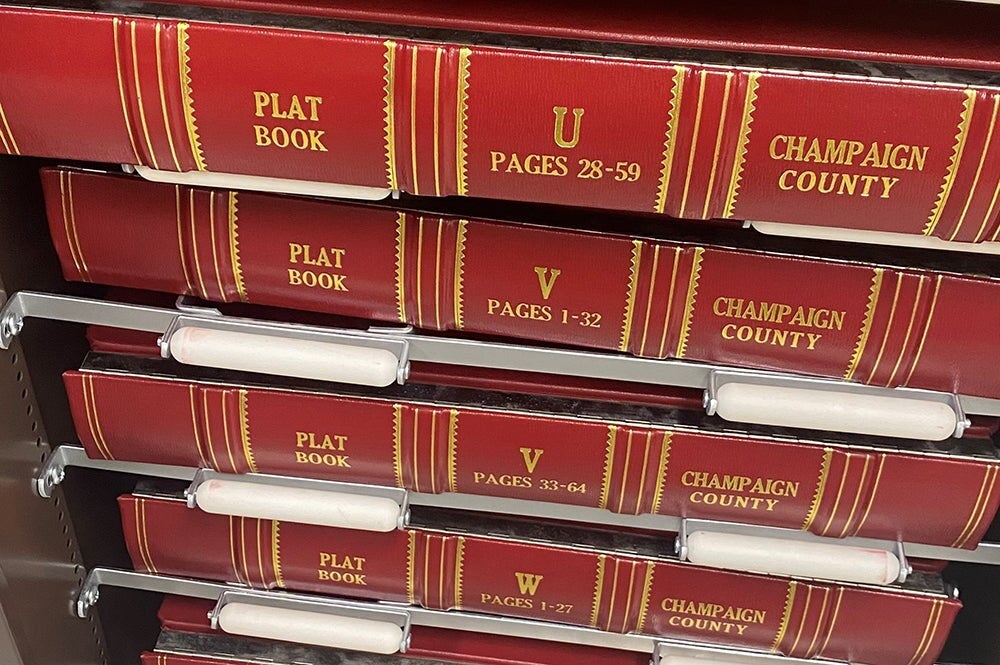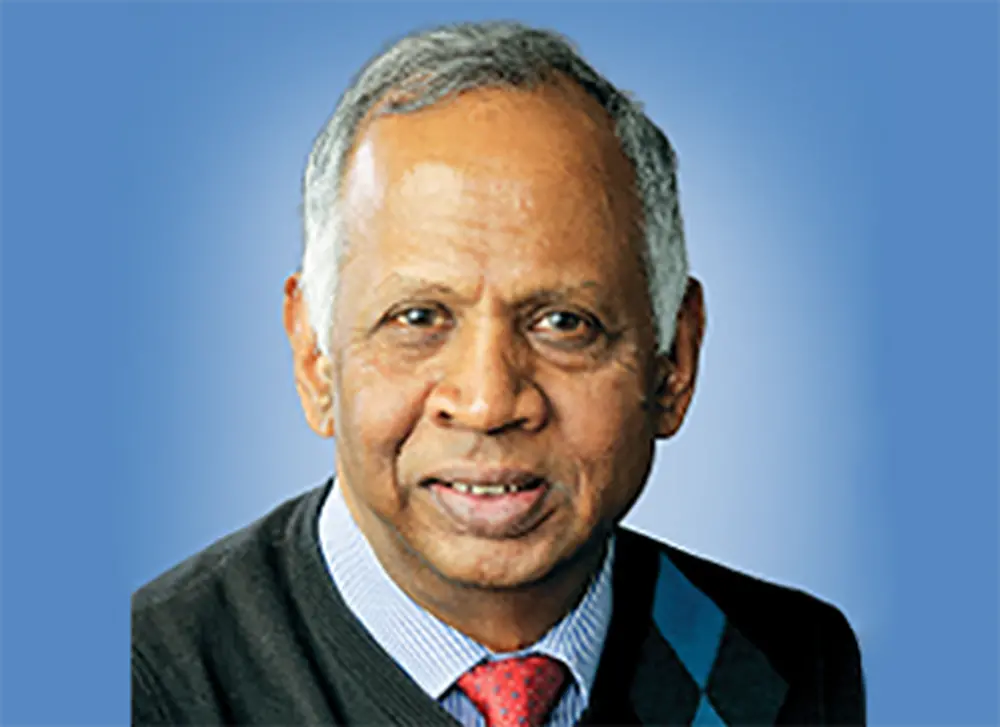
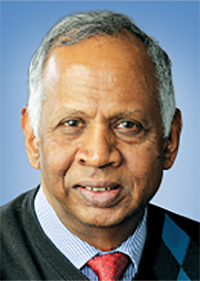
Murugesu “Siva” Sivapalan, professor of geography and civil and environmental engineering, has been awarded the eighth biennial Prince Sultan Bin Abdulaziz International Prize for Water, a renowned global scientific award that recognizes scientists, researchers, and inventors for their creative and effective methods of addressing water scarcity.
Sivapalan and his colleague, Günter Blöschl, professor at the Vienna University of Technology, received the Creativity Prize, which rewards cutting-edge interdisciplinary scientific work in a water-related field. They and another team from the University of Manchester (U.K.) will share a cash prize of one million Saudi Riyals ($267,000), which will be presented at an awards ceremony later this year at the United Nations headquarters in New York City.
In 2012, Sivapalan and Blöschl launched a new scientific field, socio-hydrology, to examine the two-way interactions between people and water systems. Their groundbreaking theoretical and practical work in this area has helped geographers, hydrologists, and engineers better understand and manage the physical and social processes behind changing water cycles in the face of population growth and climate change.
Many bodies of water around the world are not equipped with stations to measure their rise and fall, or changes to their surrounding landscapes from flooding, drought, and human engineering. These rivers and streams are referred to as “ungauged”,
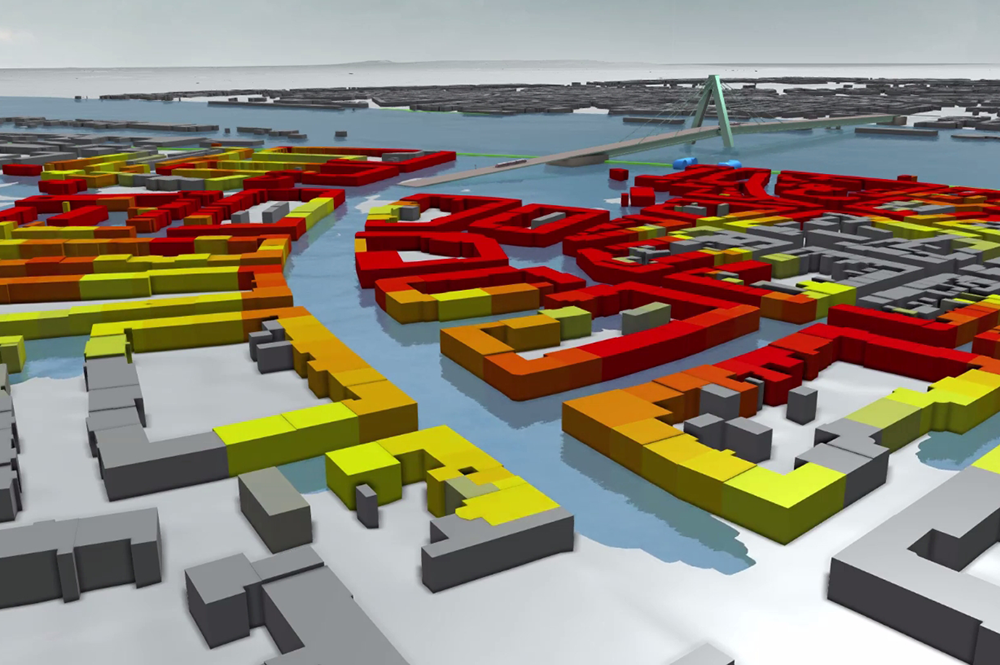
and Sivapalan and Blöschl have been widely recognized for developing groundbreaking tools to predict such changes.
In the particular case of flood changes, they created a similarity framework for transferring flood information from gauged to ungauged basins, based on the similarity of climate, catchment, and hydrological features. They compiled data from more than 20,000 watersheds from around the world to provide the first-ever global assessment of flood prediction performance across distinct climate and landscape gradients. Their work on socio-hydrology extended these predictions from the space to the time (long-term) dimension.
Megan Konar, assistant professor of civil and environmental engineering, has worked closely with Sivapalan as he developed the predictive framework and computer models that contributed to the substantial growth of socio-hydrology over the past six years.
“Siva has passion for all things water, and a truly creative way of looking at the world. He took a chance by developing the field of sociohydrology, which has now become an urgent field of inquiry," Konar said. "It is essential to understand how humans impact, and are impacted by water, and I am grateful that Siva developed this field to provide a creative home and community to those of us who share a passion for studying human-water interactions.”
